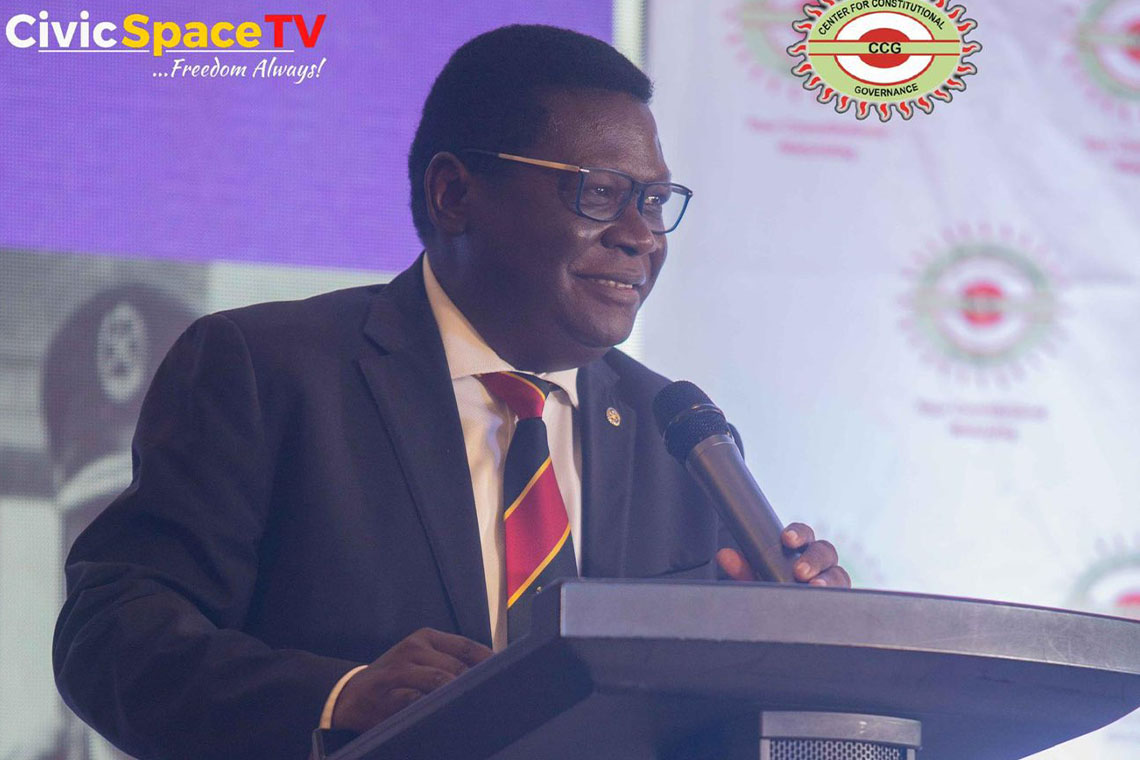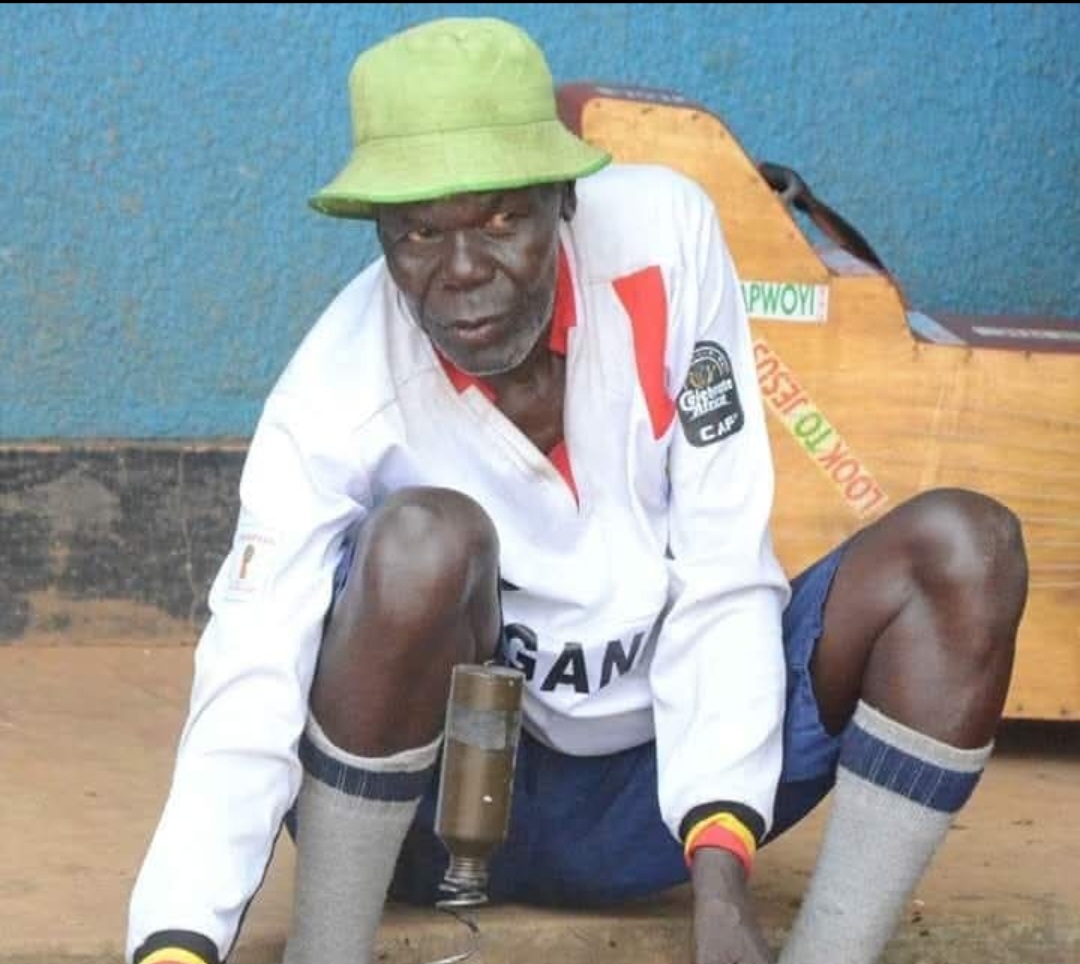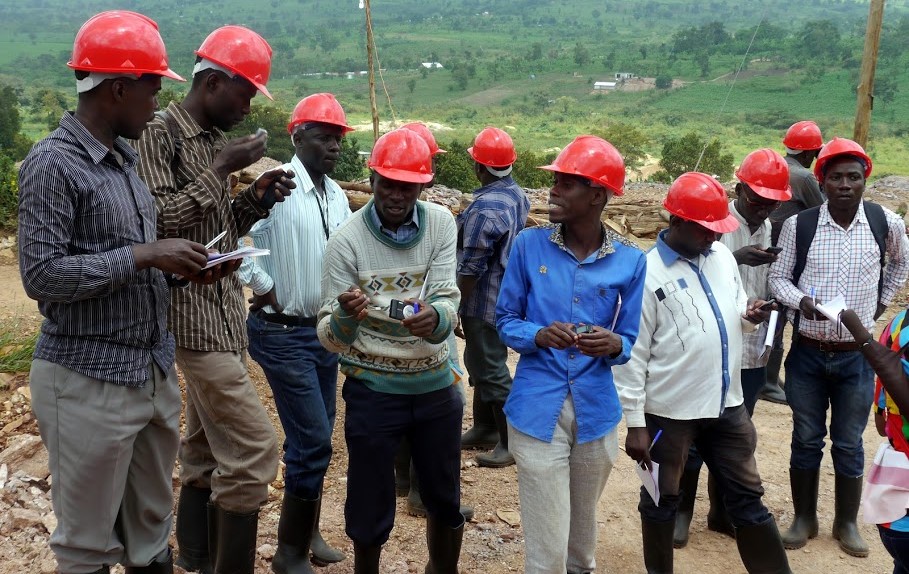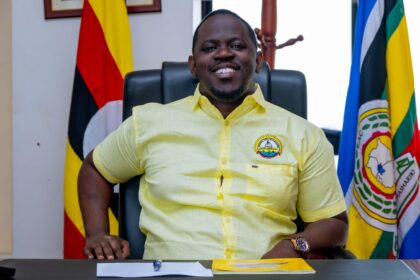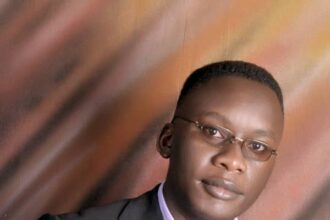At the launch of a digital political museum and a conference on the Constitution at Sheraton on Friday, the Minister of Justice and Constitutional Affairs Nobert Mao revealed the pivotal role President Yoweri Kaguta Museveni has in reshaping Uganda’s future.
Mao urged Gen Museveni to set a historic example by overseeing a peaceful transfer of power, a move that would demonstrate Uganda’s trek from civil wars to political maturity and stability.
“Uganda’s path forward depends on the courage of our current leaders to step aside when the time comes, allowing for peaceful transitions that strengthen our democracy,” Mao said. He stressed the need for political dialogue and restraint, urging all Ugandans to prioritize unity and cooperation for the country’s prosperity.
He highlighted the often misunderstood nature of criticism directed at the state, explaining that such criticism frequently stems not from disloyalty but rather from hope and expectation. “What is being seen as criticism is citizens expressing the very high expectations of their government,” he explained, urging leaders to understand the root of these expressions instead of dismissing them as merely antagonistic.
He reflected on the essence and challenges of Uganda’s Constitution, which he described as both a source of pride and a point of contention in modern governance. Despite the Constitution’s promise to protect citizens’ rights and uphold democratic values, Mao acknowledged that reality has often conflicted with these ideals.
Reflecting on Uganda’s history, Mao drew a parallel with the American Revolutionary spirit, expressing disappointment over the 2005 amendment to remove presidential term limits in Uganda.
“How did the party of fundamental change become the party of no change?” he questioned. Mao argued that Ugandans had hoped for a leadership style that, like America’s founding fathers; George Washington and John Quincy Adams would inspire orderly succession and uphold democratic values.
He explained that the 2005 amendment marked a divergence from the vision of Ugandans to witness a peaceful transfer of power leaving many Ugandans feeling betrayed. “Many believed the National Resistance Movement would be like the leaders of the American Revolution, standing as pillars of transition. Yet, we are left wondering: where is the peaceful change we were promised?”
He emphasised that a peaceful transfer of power remains an unfulfilled dream for many Ugandans. “Up to now, we have not seen a peaceful change of government in Uganda,” he said, insisting that such a transition is not only necessary but is President Museveni’s duty to oversee that this takes place.
“President Museveni has the power to make history by presiding over a peaceful handover,” he emphasized, urging Museveni to embrace this responsibility as part of his legacy.
Mao called for a re-evaluation of Uganda’s political discourse, advocating for a culture of respect and unity across party lines. He drew attention to the increasing hostility between political opponents, where inflammatory language often escalates tensions.
“We must have political hygiene,” he declared, echoing Professor Patrick Lumumba’s term. “Political leaders need to change their language, focusing on respectful engagement rather than mudslinging. We should prioritize dialogue and understanding.”
Mao also appealed for political hygiene in Uganda especially in the wake of rising political violence, often triggered by party affiliations. “If you are from NUP and throw acid on someone in a yellow T-shirt, what kind of Uganda are you building?” he questioned solemnly, urging citizens to prioritize unity over division.
Addressing the broader implications of power, Mao emphasized the need for President Museveni to exercise his authority with responsibility. “Power comes with responsibility,” he reminded the audience, adding that Ugandans must remind their leaders of this obligation continually. Drawing from examples of African statesmen who voluntarily stepped down, like Julius Nyerere and Nelson Mandela, Mao argued that Museveni has an opportunity to set a precedent in Uganda by prioritizing the nation’s interests over personal power.
“Nyerere and Mandela left behind a legacy of dignity by walking away from power,” he remarked. “Now, Museveni has the chance to write his own legacy and become a model for future leaders.”
Drawing from his personal experiences as a survivor of northern Uganda’s conflict, Mao emphasized the importance of thinking about the future and building a stable nation for the next generations. “Uganda is big enough for all of us,” he stated, calling for unity and coexistence.
Do you have a story in your community or an opinion to share with us: Email us at Submit an Article



